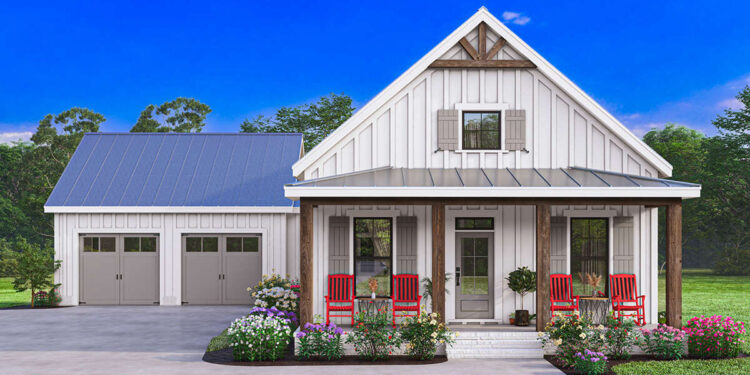Owning a small house, whether it’s a cozy one-room cottage or a compact two-room home, offers a range of benefits. Many people are choosing to downsize for financial, environmental, and personal reasons. Here are 10 key advantages of owning a small house:
1. Lower Initial Cost
One of the biggest advantages of a small house is the significantly lower upfront cost compared to larger homes. With fewer square feet to build, furnish, and maintain, small homes allow you to enter the housing market at a more affordable price point, reducing the financial burden of homeownership.
DESIGN NUMBER 1
2. Reduced Utility Bills
Small homes are more energy-efficient. With fewer rooms to heat or cool, you can save on electricity, gas, and water. The reduced space means lower consumption of energy resources, making small homes a more environmentally friendly choice while also helping you save money on monthly utility bills.
DESIGN NUMBER 2
3. Easier Maintenance
Cleaning and maintaining a small home is far less time-consuming than larger properties. With fewer rooms to worry about, keeping up with regular chores, repairs, and upkeep becomes simpler and quicker. This also means less money spent on maintenance and repairs over time.
DESIGN NUMBER 3
4. Simplified Lifestyle
Owning a small house encourages a minimalist lifestyle. With limited space, you are forced to prioritize the essentials and avoid clutter. This can lead to a more organized, streamlined life where you focus on what truly matters, improving mental clarity and overall well-being.
DESIGN NUMBER 4
5. More Time for Experiences
Because you’ll spend less time cleaning, maintaining, and managing a smaller home, you’ll have more free time to pursue hobbies, travel, or spend time with loved ones. This can significantly improve your quality of life, allowing you to focus on experiences rather than possessions.
DESIGN NUMBER 5
6. Less Property Tax
Since property taxes are often calculated based on the size and value of a home, owning a smaller house generally means paying lower property taxes. This can be a significant cost-saving benefit, especially in areas where property taxes are high, allowing you to allocate money elsewhere.
DESIGN NUMBER 6
7. Better Location Opportunities
A smaller home often costs less, meaning you may be able to afford a property in a desirable location that would otherwise be out of your budget. Whether it’s closer to work, near public transportation, or in a scenic neighborhood, downsizing can open up opportunities to live in a prime area.
DESIGN NUMBER 7
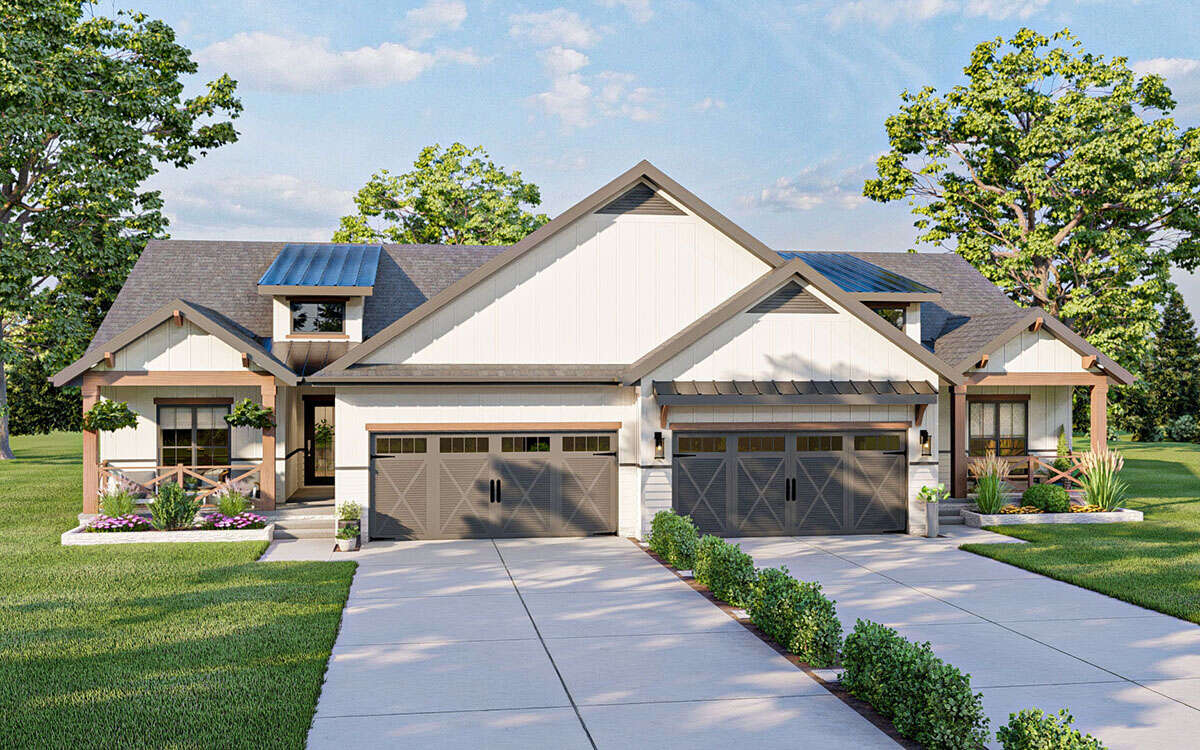
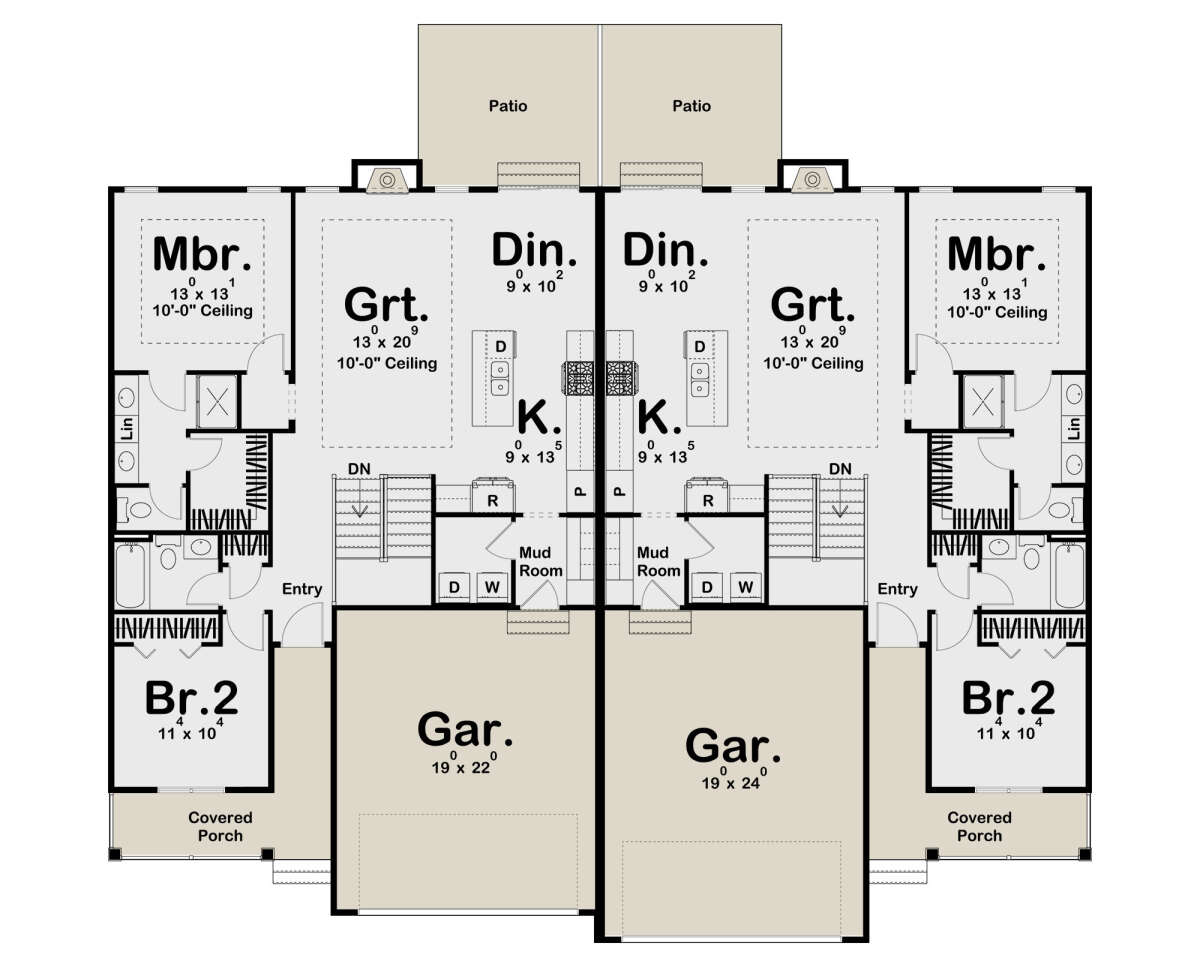
8. Increased Sustainability
Small homes are naturally more sustainable. They require fewer materials to build, less energy to run, and create less waste over their lifespan. For eco-conscious homeowners, a small house can be a key step toward reducing their environmental footprint and living a more sustainable lifestyle.
DESIGN NUMBER 8
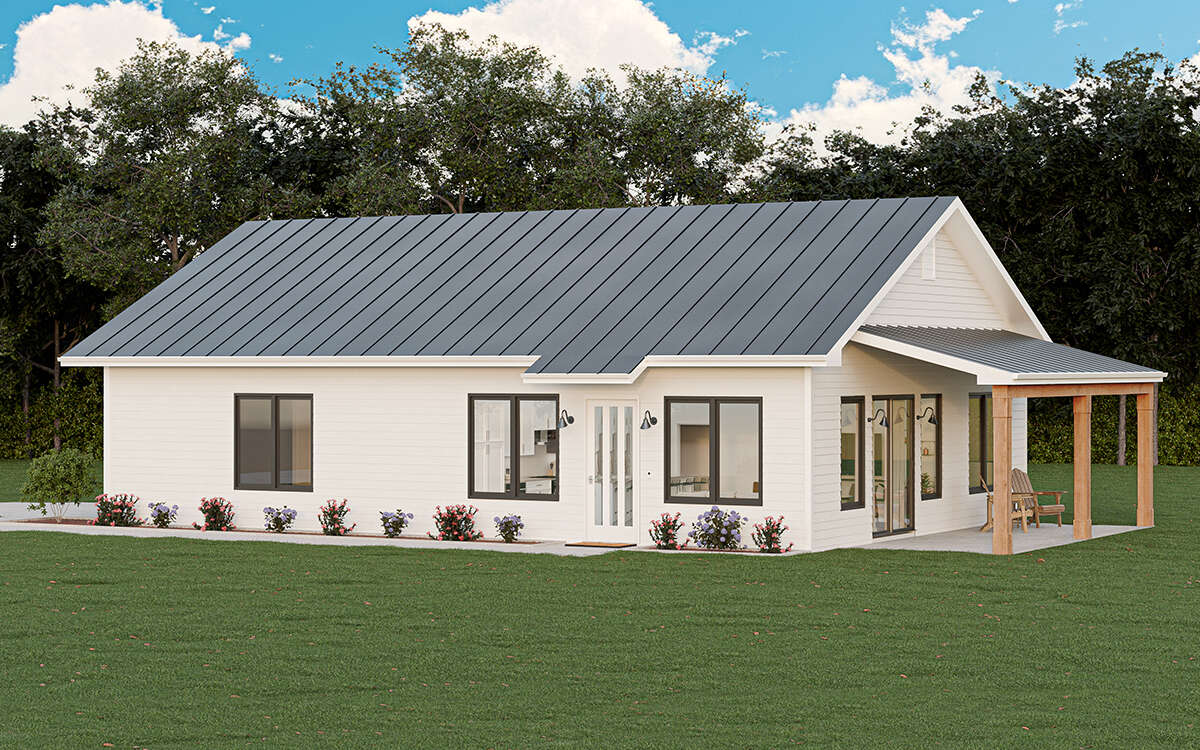
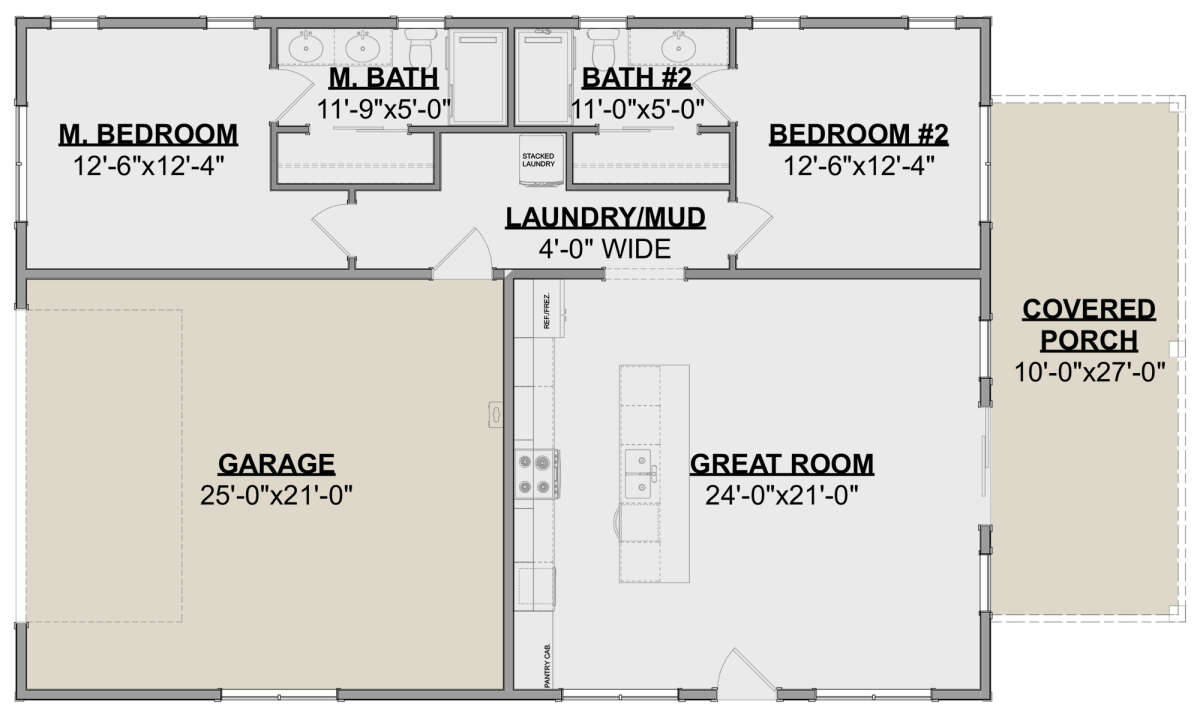
9. Easier to Decorate and Personalize
With fewer rooms to furnish and decorate, it’s easier to create a cohesive design style that fits your personality. Small homes allow you to focus your budget on higher-quality furniture and decor, creating a space that feels personalized and comfortable without the need for excess items.
DESIGN NUMBER 9
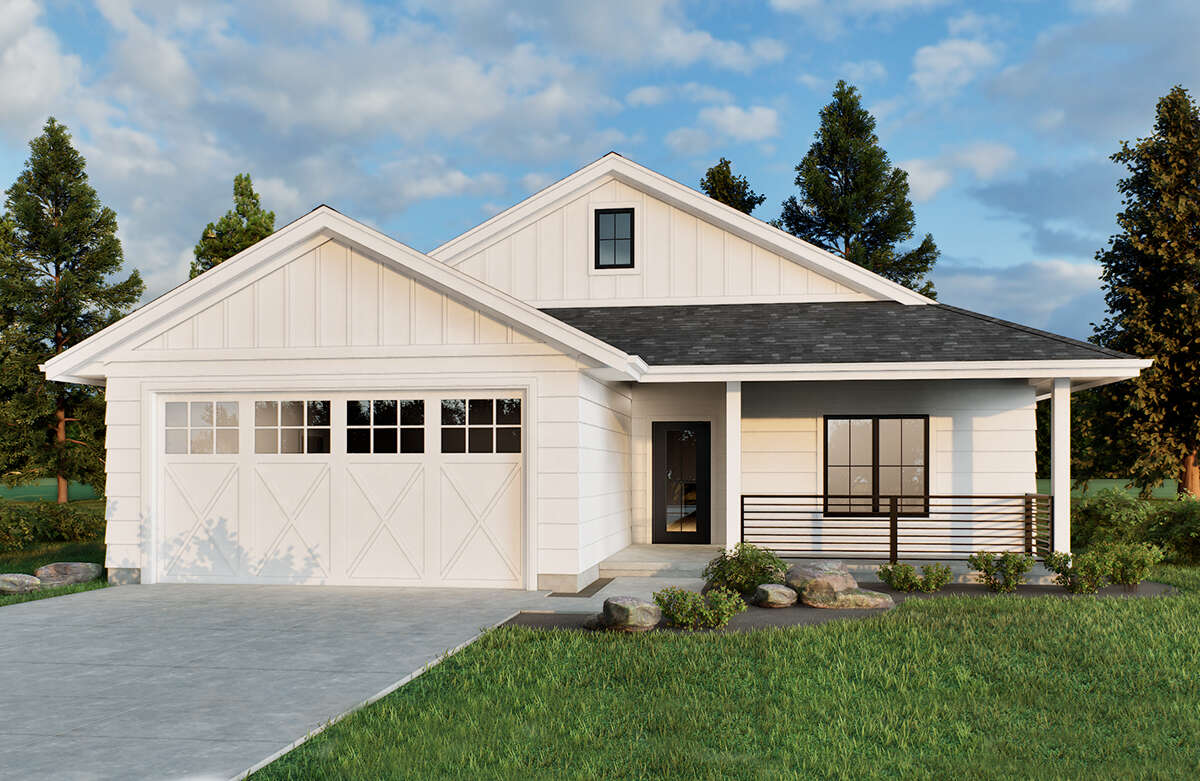
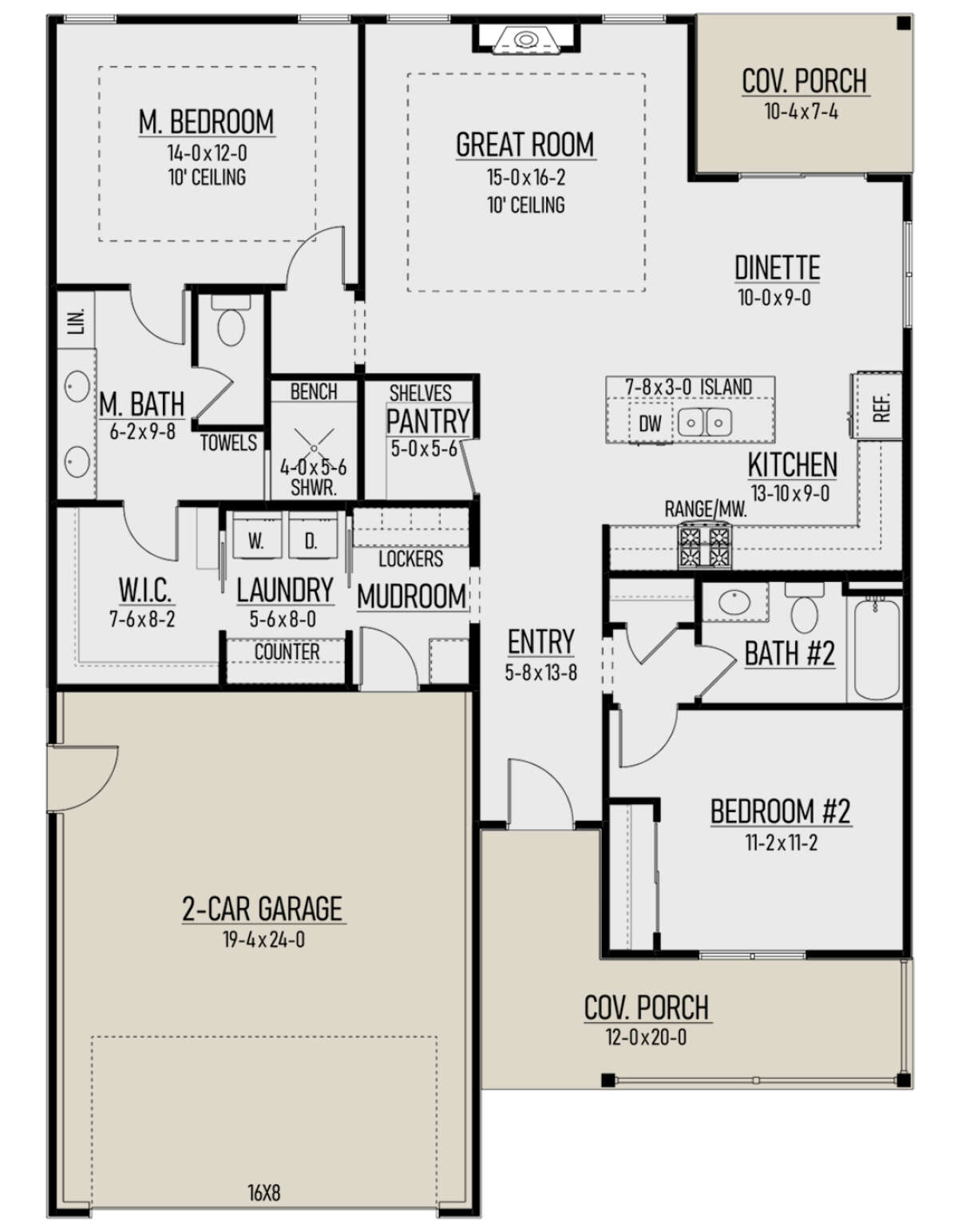
10. Greater Flexibility for Future Plans
Small houses offer more flexibility for future plans. Whether you want to move, travel, or invest in other properties, a smaller house is easier to sell or rent out when the time comes. The lower cost also means you can save money or invest in other ventures, offering financial freedom and mobility.
DESIGN NUMBER 10
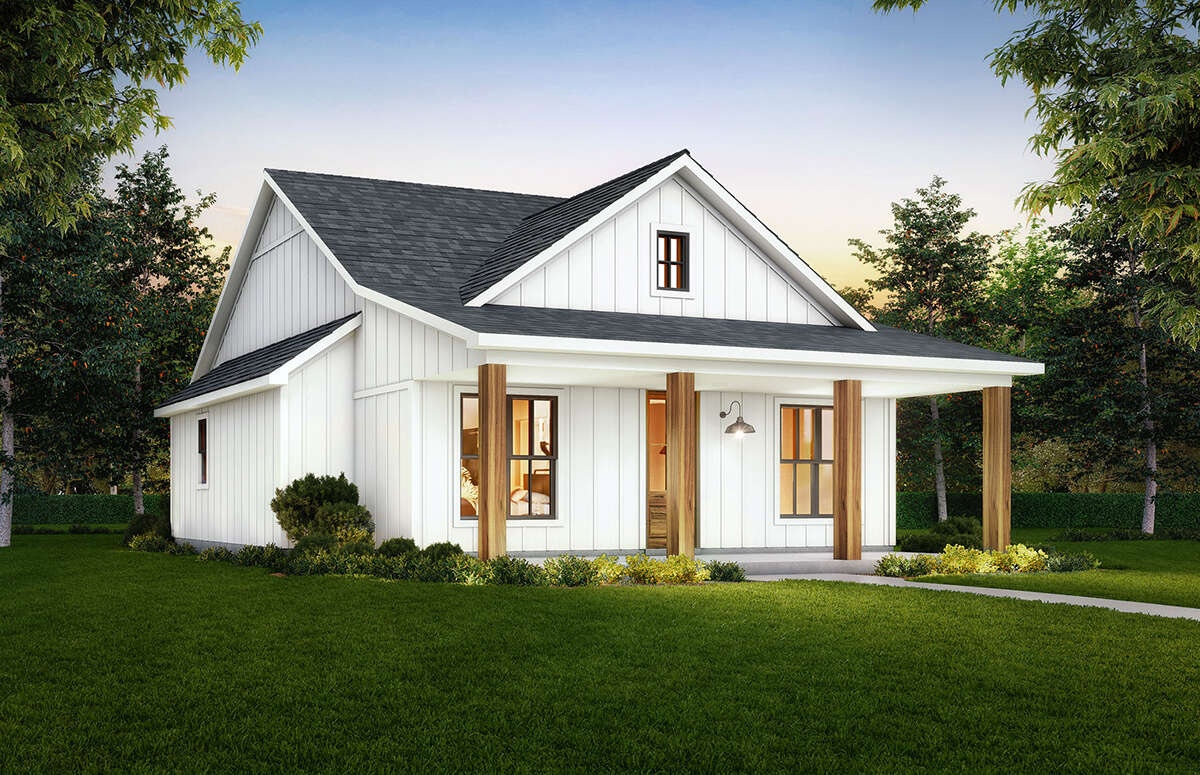
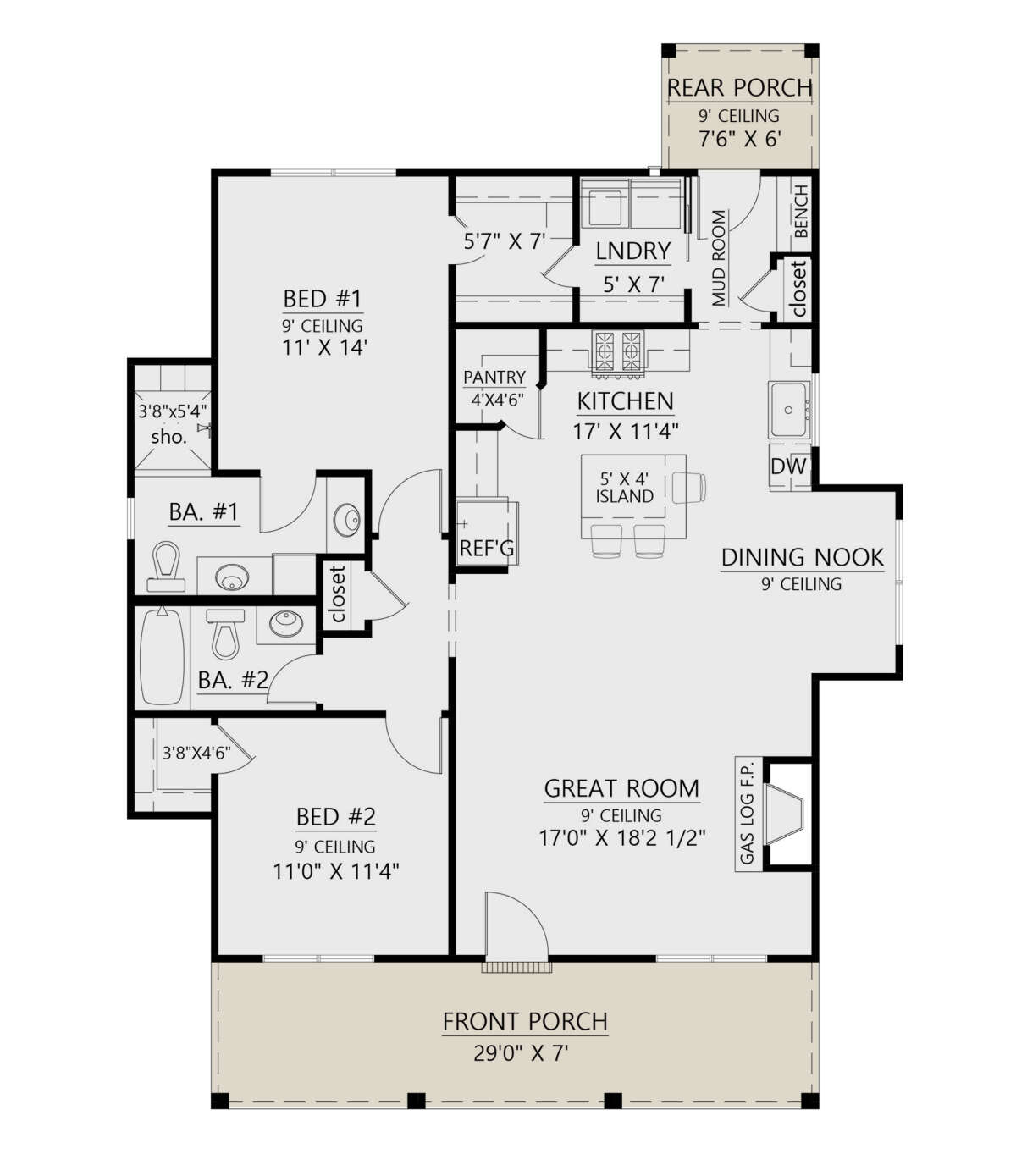
Conclusion
Owning a small house offers a range of benefits that go beyond just the financial savings. From lower utility bills and maintenance costs to an easier, more sustainable lifestyle, a compact home can be the perfect solution for those looking to simplify their lives and reduce their environmental footprint. If you’re ready to embrace a more minimalist and efficient way of living, a small house could be just what you need.
